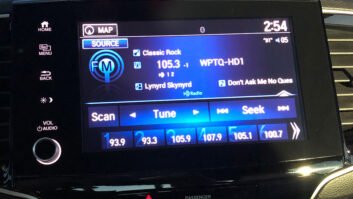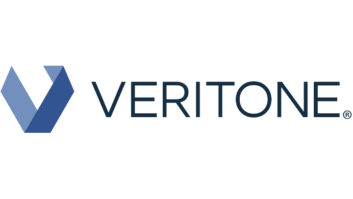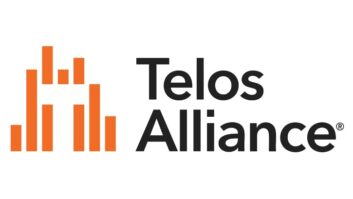Understanding the DMCA
Jan 1, 2002 12:00 PM, By Alison J. Shapiro
On October 1, 2001, the NAB and several broadcast entities filed a lawsuit in the U.S. Court of Appeals for the Third Circuit appealing the U.S. District Court for the Eastern District of Pennsylvania’s August 2001 decision regarding streaming. The NAB’s appeal seeks a declaratory ruling to overturn the Copyright Office’s rule, which requires radio broadcasters streaming their signal on the Internet to pay royalties to the record companies.

In March 2000, the Copyright Office initiated a rulemaking proceeding seeking comments on whether a broadcaster’s transmission of its signal over the Internet is exempt from copyright liability under the Copyright Act. Both sides looked to the Digital Performance Right in Sound Recording Act of 1995 (DPRA) and the Digital Millennium Copyright Act of 1998 (DMCA) for guidance.
The DPRA created an exclusive, but limited, right for copyright owners of sound recordings to perform their works publicly by means of digital audio transmissions. Among the limitations on the performance was the creation of a new compulsory license for nonexempt, noninteractive, digital subscription transmissions and an exemption for certain nonsubscription transmissions. The scope of this exemption has been under dispute since the DPRA’s inception.
The digital age
With the passage of the DMCA, Congress amended sections 112 and 114 of the Copyright Act to clarify that the digital sound recording performance right applies to certain nonsubscription digital audio transmissions over the Internet. Specifically, the DMCA amended section 114 by creating a new statutory license for nonexempt eligible nonsubscription transmissions (e.g. webcasting), and nonexempt transmissions by preexisting satellite digital audio radio services, to perform the sound recordings publicly in accordance with the terms and conditions set forth in the new statutory license. The parties disagreed, however, over whether a broadcast transmission, a transmission made by a terrestrial broadcast station licensed as such by the FCC, is a nonsubscription transmission within the scope of exemptions provided in section 114(d) of the Copyright Act.
This means that if you are streaming your over-the-air signal on the Internet, you must either opt for the statutory license and pay royalty fees to the record companies or negotiate license fees with each record company individually. Recently, radio broadcasters reached an agreement with the record companies on the royalty fees that radio stations must pay in return for a blanket license to stream their signals on the Internet. The settlement has not been made public, and the arbiters are under no obligation to accept it. This settlement, if agreed to, only applies to radio broadcasters and not to their webcaster counterparts. The problem remains that the Copyright Office must set a rate that applies to all parties, not just radio stations.
The two major problems with opting for the statutory license were establishing the royalty rate and satisfying a number of conditions in order to qualify for the statutory license. The requirements included: no pre-announcement of songs and the prohibition against playing, in any three hour period, more than three songs from a particular album, including no more than two consecutively or four songs by a particular artist or from a boxed set; identification of the song, artist and album (if displaying such information is possible); if feasible, a webcaster must transmit the copyright management information encoded in the sound recording by the copyright owner that identifies the song, the featured artist and other related information; and a webcaster must accommodate the transmission of certain measures used by sound recording copyright owners to identify or protect copyrighted works (only if it is technically feasible to transmit such information without imposing substantial burdens on the webcaster). Such criteria are difficult for radio stations to meet. Under the settlement, however, the record companies would grant radio stations waivers of certain criteria.
If a station can comply with the conditions imposed by the DMCA, it is eligible for the statutory license. If the streaming of sound recordings does not comply with these conditions, the extent of liability must be resolved by negotiations with the individual record companies.












